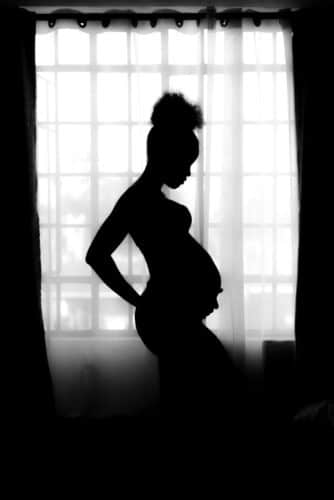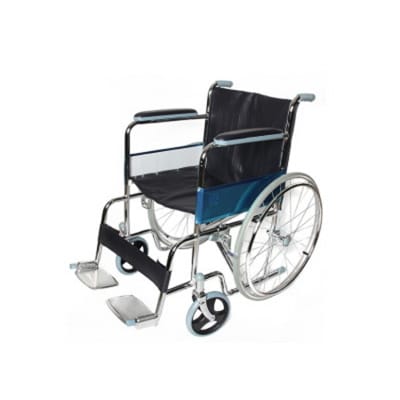The shadow of maternal mortality: An avoidable fatality
The maternal mortality rate in Cameroon remains a cause for concern, despite a spectacular fall between 2000 and 2018. It was 438 deaths per 100,000 births, whereas in South Africa, for example, it is 127 deaths per 100,000 births.
Cameroon has one of the highest mortality rates in the world. Although the government spends more money than its neighbours in sub-Saharan Africa, it is struggling to improve the reproductive health of women and newborn babies.
Mortality Ratio Comparison


Causes of Maternal Mortality

The main direct causes of death are post-partum haemorrhage, as well as obstetric fistulas (perforations between the vagina and the bladder and/or rectum, caused by prolonged labour), which increase the number of cases of serious infections, complications of high-risk childbirth and unsafe abortions.
But there are also many indirect causes: Malaria, anaemia, viral or bacterial infections.
Ce sont là des risques médicaux que doivent affronter les femmes du Cameroun et de toute l’Afrique en général.
Factors contributing to a lack of care
Many factors interact to directly or indirectly cause mortality. Poverty, the remoteness of health centres, the state of roads or rather tracks that are impassable in the rainy season, ignorance due to the lack of family planning services, the lack of resources in rural dispensaries and cultural practices. A third of births still take place at home, using whatever means are available.

unwanted pregnancies: a forgotten crisis


The crisis of unwanted pregnancies is also neglected, even though it is a major factor contributing to maternal mortality. Worldwide, half of all pregnancies - 121 million - are not the result of a deliberate choice. 60% of these unwanted pregnancies end in abortion, 45% of which are carried out in unsuitable conditions, increasing the risk of maternal death. It is estimated that between 5% and 13% of deaths are the result of unsafe abortions. Who is most affected? Young girls aged between 15 and 18.
the cry of alarm from healthcare professionals
D’autres facteurs viennent encore compliquer la situation.
Despite efforts to increase the number of practitioners, Cameroon has a cruel shortage of doctors: 1 for every 10,000 people, and a shortage of nurses: 8 for every 10,000.

Health workers are mainly based in urban areas. The situation is all the more dramatic given that the financial barriers to obstetric care and access to healthcare in rural areas often explain the higher mortality rate.
Doctors in the country are poorly paid and work day and night to help pregnant women. However, as salaries are not commensurate with their efforts, they are forced to provide private consultations to boost their income. Unfortunately, the use of private medicine reduces the quality of public health services.
At least 8 years of higher education. I invite you to take a look at the "jobandsalaryabroad;com" site to get an idea of the salaries in some medical disciplines. I've included the link at the bottom of the article.
While doctors are poorly paid, the vast majority of Cameroonians have to pay out of their own pockets for healthcare costs which, although lower than in Western countries, significantly reduce their already low incomes.
The mfm: the hope of putting an end to the maternal mortality crisis
In the past, Cameroon has made several attempts to establish a system of universal health cover, but the scale of the investment has prevented this from happening.
Today, there is renewed hope. Under the acronym MFM lies the Global Financing Mechanism, created in 2015, one of whose objectives is to reduce maternal mortality for the period 2015-2030.
A Cameroon-UNFPA (United Nations Population Fund) cooperation programme was signed in December 2021 (first tranche 2022-2026) to increase access for women, young people and adolescents to integrated reproductive health and family planning services and to combat gender-based violence.
Together, we can combat maternal mortality
The members of Mama Aicha's Daughters and Sons of the Heart AssociationOur hearts are filled with joy when we see these new mothers hold their vibrant newborns in their arms. We also admire the courage of these Cameroonian women in rural areas, who face up with determination and resilience to the obstacles they encounter in giving birth in dispensaries that are often remote and under-equipped. Every donation, every piece of medical equipment, every piece of essential equipment offered is another step towards a future where every mother can give birth in complete safety. Join us in this fight. Together we can ensure that motherhood is a place of joy and celebration, not pain and mourning.



